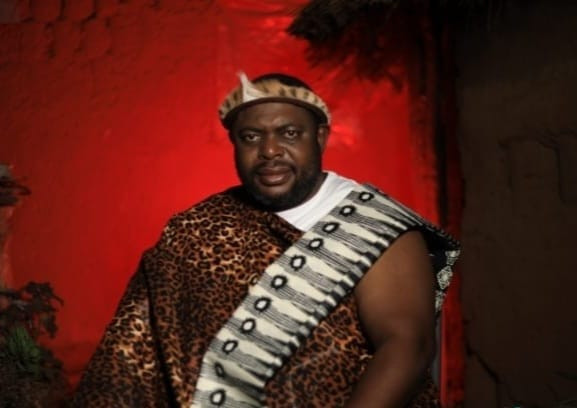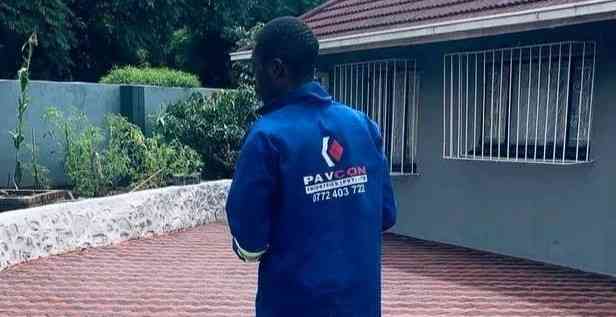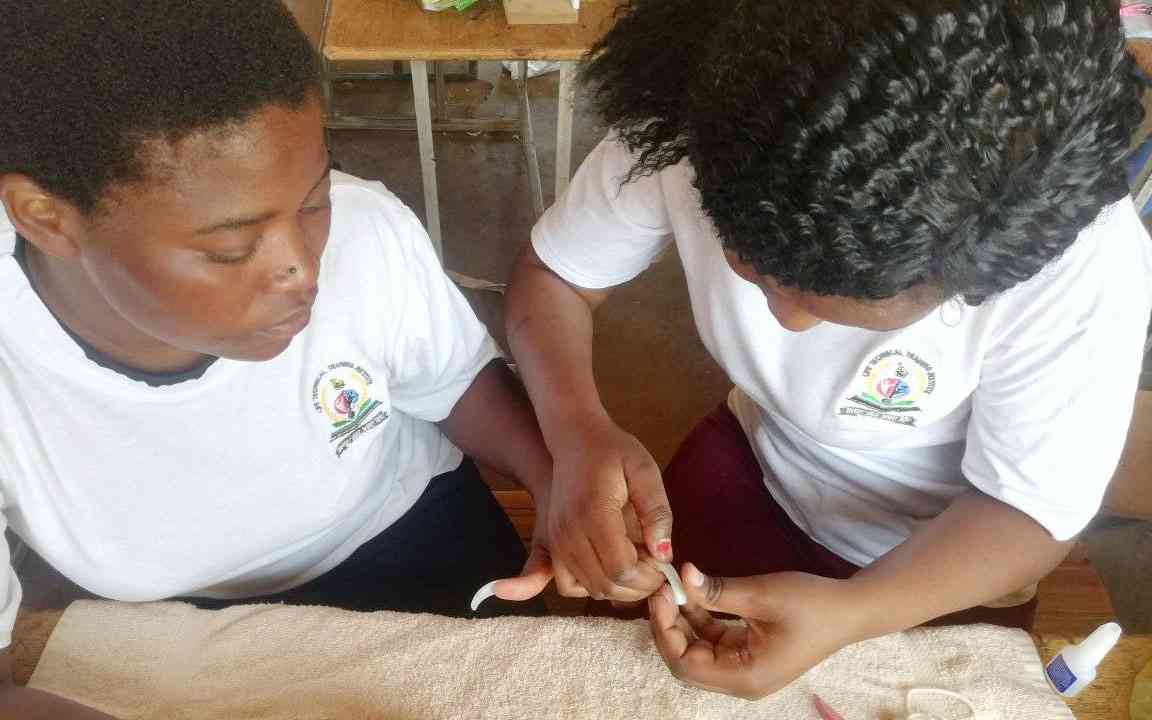
Edutainment is an approach to art with a premise on community development. It is interactive and aims to promote dialogue and engagement that can help bring positive change and growth.
If an artist does not apply this then they are lost because they remain only in quest for fame and not that of developing and empowering communities positively.
Edutainment is premised on strengthening a participatory approach, which encourages improvisation and also allows the audience to be part of the performance through learning from observation. In the process they start appreciating the art.
As an artist and also edutainer, I believe the premise of edutainment is a blend of the many facets of lart in its different manifests. It aims to create dialogue and interaction between audiences and performers as a means of promoting social and political change.
Hundreds, if not thousands, of organizations and initiatives have used edutainment as a development tool for education or propaganda, as therapy, as a participatory tool, or as an exploratory tool in development.
I know that I am already sounding sensitive, but this is the premise of edutainment which is a model for 21 century art, performance and appreciation.
In my edutainment journey I have also had the privilege of meeting veterans in the arts and development sector who seek to use art as a tool of advocacy and instigating community development.
One of the artists is Khumbulani Mathe also known as “Khumbristo” , a full time creative that I have had the privilege to interact and whose career stretches from 1994 to date.
- Edutainment mix: The nexus of music and cultural identity
- Edutainment mix: The art of collaboration is better than competition
- Edutainment mix: The artist in the child policy formulation context
- Edutainment mix: Fashion and function with a purpose
Keep Reading
“I started being in the arts industry in 1994 and since then l have featured in more than a dozen Bambelela Arts Ensemble productions such as Look, Listen and Decide, By the roadside, Just Because, Shout for Help and Naked Truth. What I can say is that back then the arts sector was more analogue and less digital like what we see nowadays,” Mathe said.
Edutainment — from the perspective of Mathe is a progression from the less interactive forms of art to a more dialogical process where the essence of art is people centered and can be by the people, but it remains for the people.
“Art is a critical tool of empowering communities and the name “Bambelela” has a deep meaning because it is translated to mean hold on. Art is patience but in it all we should recognise how art empowers communities and as creatives our role is enduring the concerns and needs of communities and being the voice for our communities as we live in marginalised systems,” he said.
This response from Khumbristo reminds us of the important role of edutainment as a tool of disseminating messages, and in the process it has the role of conscientising communities on their reality.
A lesson from this is also enmeshed in how the community is not supposed to be aware, but they also have to be active participants in the development process by expressing their viewpoints and acting to better their conditions.
Mathe also outlined how art is intended to empower the common man with a critical consciousness,which is crucial to the suffering and forms of deprivation which lead to poverty on many artists.
“As an edutainer, I have been involved and also have directed projects which include spoken word, drama, comedy, music, singing and dance, and other projects like provisional theatre and have also commissioned radio works,” Mathe said.
Edutainment is art that is socially impactful and developmental. Plays, musicals, and other performances can be created to specifically show to the youths and children, in order to teach them about topics they do not usually learn about or that may not be spoken of in their lives.
Mathe outlined how Bambelela Arts ensemble theatre productions has helped to open up conversations about HIV/AIDS and child marriages, as well as GBV.
“Our art works are utilized in order to get younger audiences to engage and come up with their own questions about any performance or the themes and issues that were mentioned in the show. They allow the audience to analyze the topics themselves and explore the real world. This invites the younger audience to become part of the solution and to develop their community,” Mathe further outlined.
Art as an edutainment tool can break through language and cultural barriers and is an extremely useful communication tool. A point of note is how art does not require literacy skills or clever speaking to be effective.
Mathe also highlighted how art as an edutainment tool communicates with the whole person, and not just with our thinking and reason. It appeals to our emotions, passions and prejudices. It can challenge us to face up with aspects of our life that we try to ignore.
“For example, using theatre is an entertaining way of sharing information. Both adults and children learn best when they are interested. When we use theatre as Bambelela Arts Ensemble, we communicate using different forms of art like mime, dance and visual art," he said.
Governments and NGOs may use theatre to deliver messages in a ‘top-down’ approach. For example, a development agency or community group may use a play encouraging the use of solar cookers as a means of preventing the removal of trees. Although this can be an effective way of passing on information about an issue, it will not be effective if it ignores the local situation, culture and the knowledge and experience of the audience. As artists we have to immerse ourselves into the local culture.”
Edutainment can encourage active participation from people whose voices are not normally heard in the community. Stories are used to help people express their understanding of what happens to them in their daily lives. These stories can encourage real participation.
Edutainment thus turns private, individual stories into public, collective dramas or forms, or music, or artistic exhibitions with an impact.
- Raymond Millagre Langa is musician, poet, orator, independent researcher and founder of Indebo edutainment Trust. You can follow on Face Book @Millagre Ray Langa, on Twitter you can follow on #Millagre Langa, email: [email protected] or [email protected].











